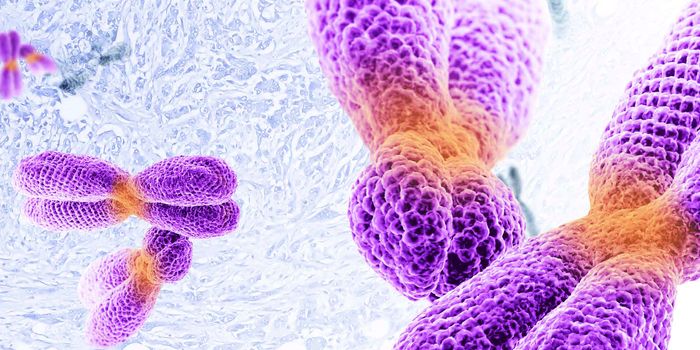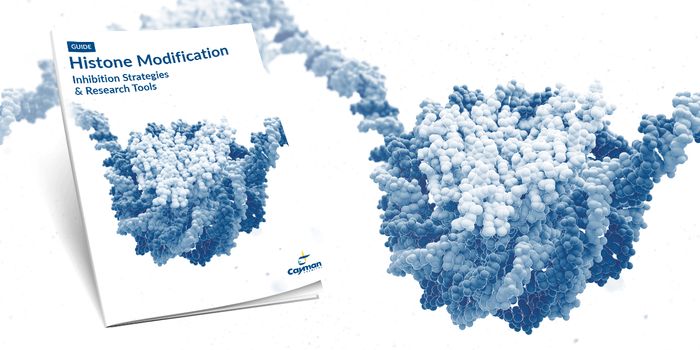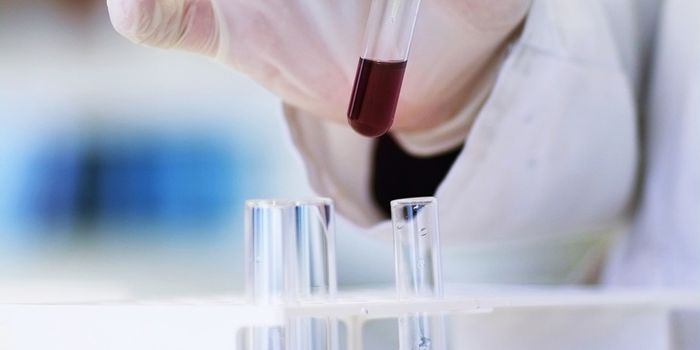Make sure you schedule a morning appointment with your doctor
You may want to reschedule that late afternoon doctor’s appointment. A new study published today in JAMA Network Open suggests that primary care doctors are less likely to order cancer screenings for patients they see later in the day. The information comes from researchers in the Perelman School of Medicine and the Wharton School both of the University of Pennsylvania and speaks toward the heavy loads that are put on medical professionals’ schedules.
"Our findings suggest that future interventions targeting improvements in cancer screening might focus on time of day as an important factor in influencing behaviors," said the study's lead author, Esther Hsiang, a Wharton Business School student and researcher with the Penn Medicine Nudge Unit. "We believe that the downward trend of ordering may be the result of 'decision fatigue,' where people may be less inclined to consider a new decision after they've been making them all day. It may also stem from overloaded clinicians getting behind as the day progresses."
The research team came to this conclusion after analyzing data from general practitioners’ offices in Pennsylvania and New Jersey from 2014-2016. They found that PCPs were more likely to order breast cancer and colon cancer screening tests for patients at 8:00 in the morning than for patients at 5:00 in the afternoon. The differences were significant, with doctors ordering breast cancer screenings 64% versus 48% of the time, and colon cancer screenings 37% versus 23% of the time, respectively.
Scarily enough, these numbers add up and have substantial impacts: morning-appointment patients are way more likely to complete screenings like mammograms and colonoscopies than afternoon-appointment patients. For breast cancer screenings, those patients who completed screenings fell from 33% at 8 AM to 18% at 5 PM; for colorectal cancer screenings, the numbers were 28% versus 18%.
The researchers’ work suggests how technology could compensate for sure shortcomings in the care provided by doctors. "Our new study adds to the growing evidence that time of day and decision fatigue impacts patient care," said Mitesh Patel, MD, MBA, director of the Penn Medicine Nudge Unit and an assistant professor of Medicine. "In past work, we've found that nudges in the electronic health record can be used to address these types of gaps in care, which we suspect will be the case here. Future research could evaluate how nudges may be implemented in order to improve cancer screening." A previous study regarding flu vaccinations used this nudge technology to remind clinicians to ask their patients about flu vaccines and showed success, with a 20% rise in vaccinated patients.
Sources: Medical Xpress, Eureka Alert!









